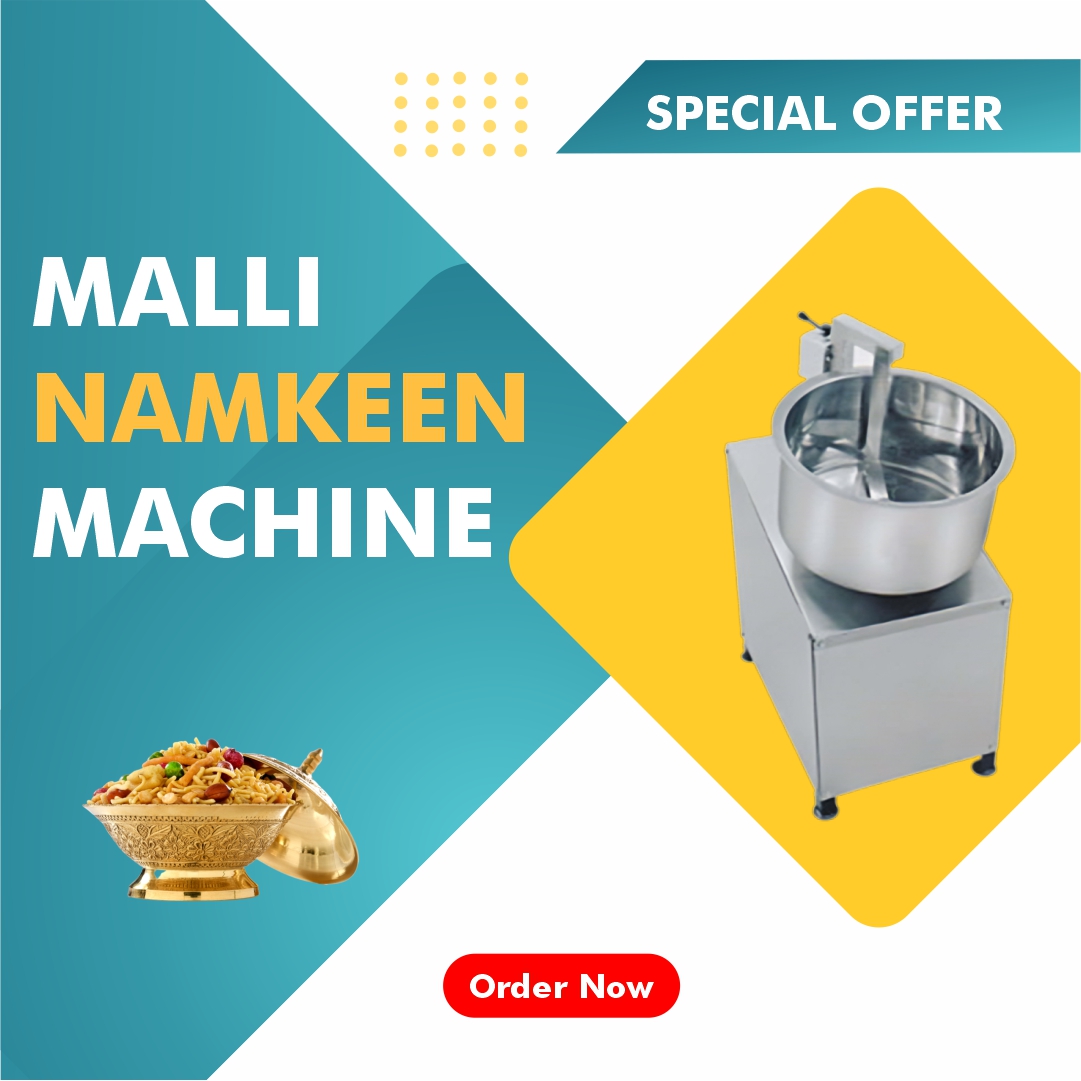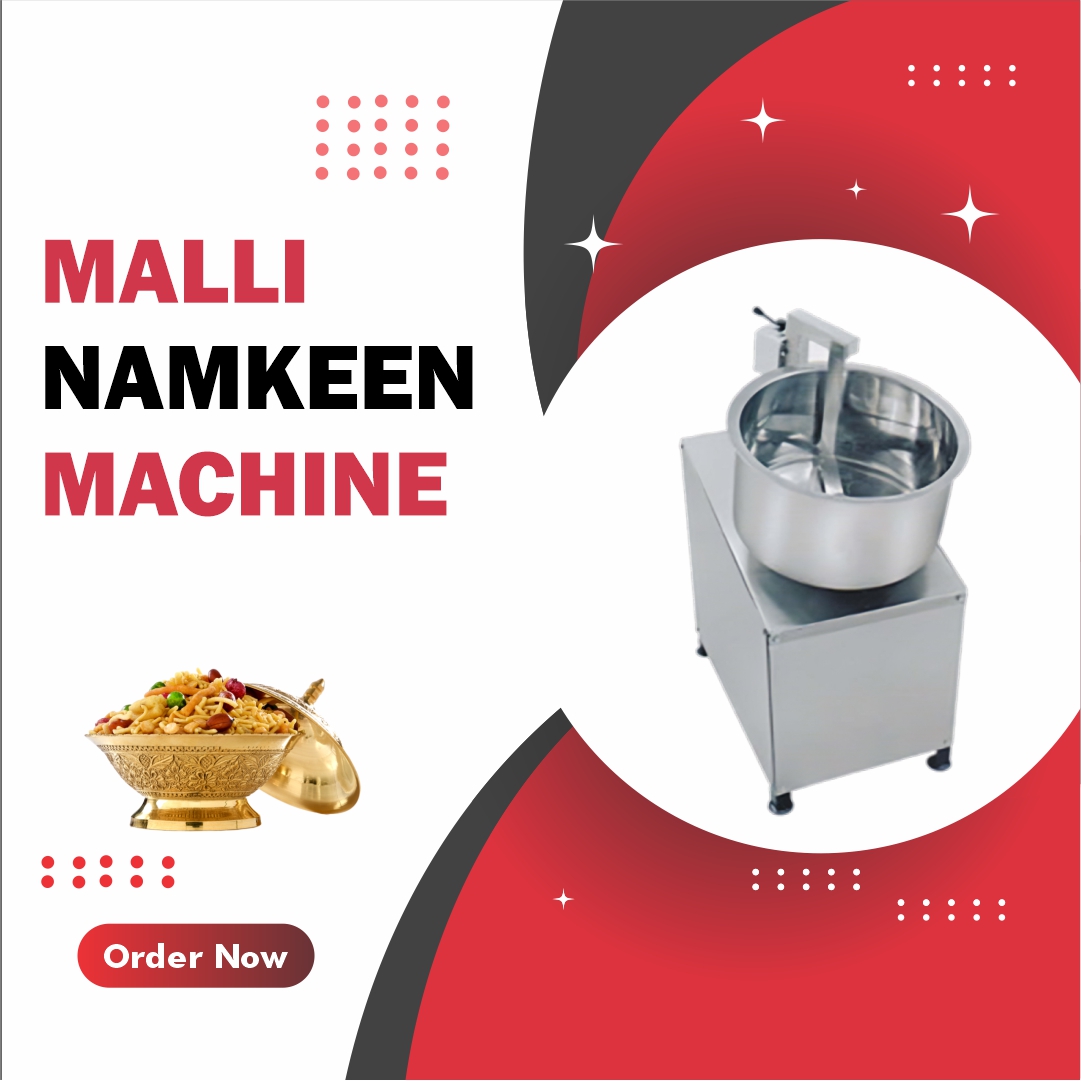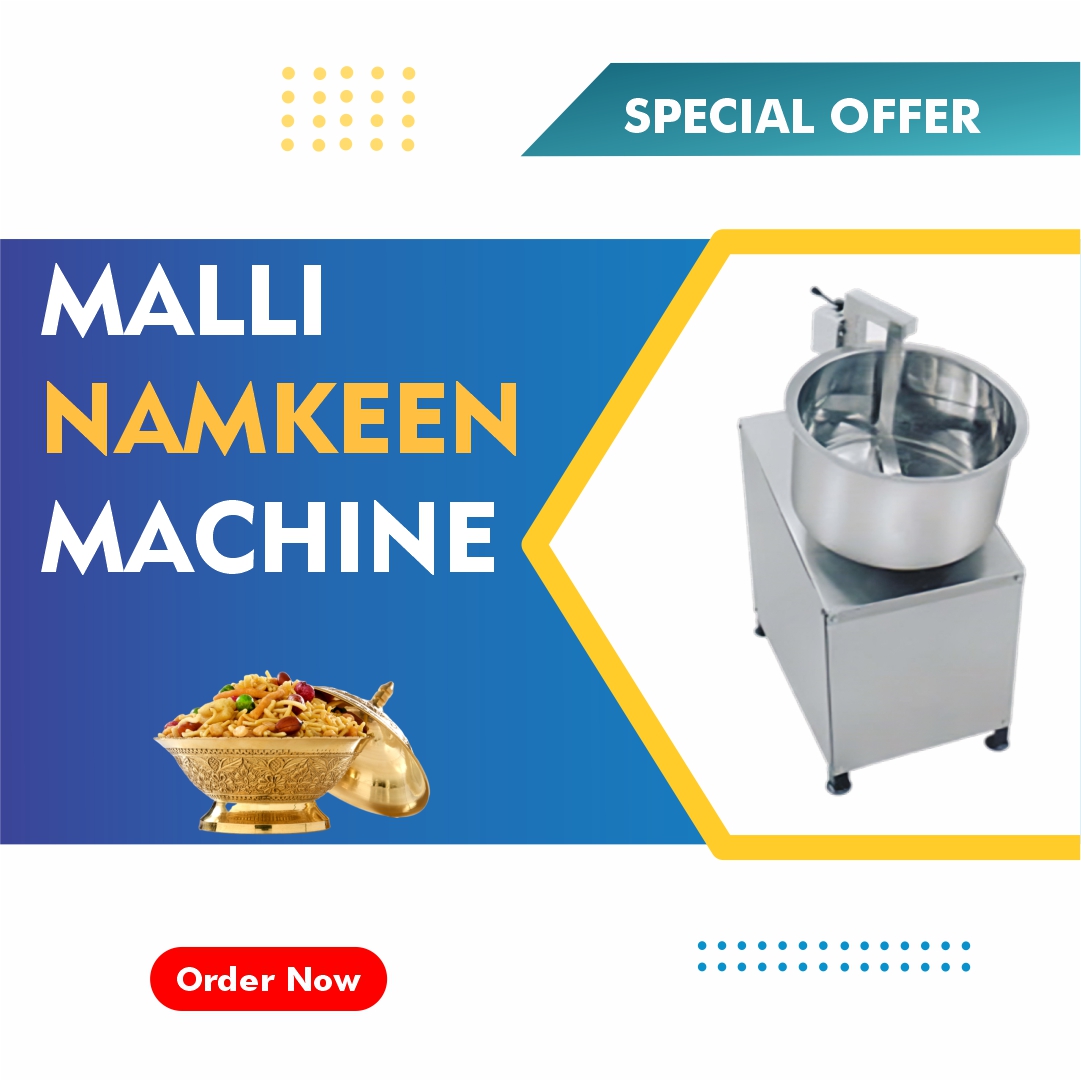Paper Plate Machines
- Double Die Paper Plate Machine
- Fully Automatic Paper Plate Machine
- Hydraulic Paper Plate Machine
- Paper Plate Making Machines
- Single Die Paper Plate Making Machine
Notebook Making Machine
- Notebook Cutting Machine
- Notebook Edge Squaring Machine
- Notebook Making Machine
- Notebook Spiral Binding Machine
- Notebook Stitching And Folding Machine
- Notebook Stitching Machine
Incense Making Machines
- Automatic agarbatti making machine
- Camphor Tablet Making Machine
- Dhoopbatti Making Machine
- Manual agarbatti making machine
Food Processing Machine
- BREAD SLICER MACHINE
- 4 BOLT OIL EXPELLER MACHINE
- 6 bolt oil expeller machine
- 9 BOLT OIL EXPELLER MACHINE
- Atta Chakki Machine
- Automatic paneer press machine
- Automatic rice mill with polisher
- Besan Making Machine
- Cattle feed machine
- Centrifugal chalna seperator
- Chapati Making Machine
- COLD PRESS OIL EXPELLER MACHINE
- Cotton Candy Making Machine
- Dal dryer machine
- Dal polisher machine
- Fully automatic noodles making machine
- Khoya Making Machine
- Kurkure Making Machine
- Kurkure roaster machine
- Laddu making machine
- Malli machine
- Masala coating machine
- Masala Making Machine
- Mini oil expeller machine
- Mini Rice Mill Machine
- Momos Making Machine
- Mustard Oil Expeller Machine
- Namkeen making machine
- Noodles Making Machine
- Oil And Hydro Dryer Machine
- OIL FILTER MACHINE
- Paneer press machine
- Pani Puri Making Machine
- Papad making machine
- Pasta Making Machine
- Planetary mixer machine
- Popcorn making machine
- Potato peeler machine
- Potato slicer machine
- RASGULLA MAKING MACHINE
- Soda vending machine
- Sugarcane juice machine
- Tomato Sauce Making Machine
Other Machines
- Concrete Vibrating Machine
- Automatic slipper machine
- Concrete Mixing Machine
- Cotton Wick Machine
- Hydraulic Press Brick Making Machine
- Ladies Bindi Making Machine
- Manual slipper machine
- Mini chaff cutter machine
- Paper cup making machine
- Sambrani cup making machine
- Sanitary Pad Making Machine
- Tissue Paper Making Machine
- Wire nail grinder machine
- Wire Nail Making Machine
- Wire nail polishing machine
Packing Machines
Detergent Making Machines
Rotary Oven Machine
- 12 tray rotary oven
- 18 tray rotary oven
- 24 tray rotary oven
- 36 tray rotary oven
- 42 tray rotary oven
- 84 tray rotary oven
Malli machine
Price: ₹ 50000
| Product Generic Name |
malli machine |
|---|---|
| Minimum Order Quantity |
1 Piece |
| Brand Name |
Customized |
| Body Material |
SS |
| Usage/Application |
For Namkeen Making |
Add To Cart
The Malli Machine is a food processing machine designed to shape and produce traditional Indian snacks like murukku, chakli, and other spiral or extruded snacks with consistent size and pattern. Ideal for sweet shops, snack manufacturers, and commercial kitchens, this machine is built with food-grade stainless steel and offers multiple design nozzles for various shapes. Its robust structure, user-friendly operation, and high output capacity make it an excellent choice for automating traditional snack preparation with accuracy and hygiene.
-
🔄 Uniform Shape Output: Ensures consistent shape and size for every piece.
-
🍘 Multi-Snack Compatible: Suitable for murukku, chakli, and similar snacks.
-
⚙️ Durable Construction: Made with stainless steel for long-term use.
-
👩🍳 Time & Labor Saving: Speeds up production with minimal manpower.
-
🧽 Easy to Clean: Hassle-free disassembly and maintenance.
-
🧩 Custom Nozzles: Comes with multiple molds for different shapes and sizes.
1. What is a Malli Machine, and what is its primary function?
A Malli Machine, also known as a flour mixing machine or dough mixing machine, is a piece of equipment designed for efficiently mixing various dry and wet ingredients. It is widely used in food processing, particularly in making dough, batter, or mixtures for products like bread, biscuits, cakes, or other bakery items. The machine ensures uniform consistency and helps in large-scale production by automating the mixing process.
2. What types of products can be processed using a Malli Machine?
A Malli Machine is versatile and can be used to mix a variety of ingredients for products such as bread dough (for loaves, rolls, and other varieties), cake batter, pastry dough, pizza dough, cookie or biscuit dough, and pasta dough. Additionally, it can handle other flour-based mixtures, making it suitable for a wide range of food production applications.
3. What are the main features of a Malli Machine that enhance its performance?
-
Powerful Mixing Mechanism: Ensures thorough and consistent mixing of ingredients.
-
Adjustable Speed: Allows for control over mixing intensity, catering to different types of mixtures.
-
Large Mixing Capacity: Suitable for both small-scale and industrial-scale production, capable of handling large volumes of dough or batter.
-
Durable Construction: Typically made from stainless steel, making it resistant to corrosion and easy to clean.
-
User-friendly Controls: Often equipped with simple and intuitive control panels to adjust settings like time, speed, and type of mixture.
4. What industries or businesses benefit from using a Malli Machine?
A Malli Machine is ideal for various industries, including bakeries, where it can mix dough for bread, cakes, pastries, and other baked goods. It's also useful for catering services, allowing for the mixing of large quantities of batter or dough for events. In food manufacturing plants, it supports the mass production of dough-based products or mixes. Additionally, restaurant kitchens can use the machine to quickly prepare dough for pizzas, pastas, or other items that require extensive mixing.
5. How does a Malli Machine improve efficiency in food production?
A Malli Machine significantly improves efficiency by automating the mixing process, which reduces the need for manual labor and minimizes human error. It also speeds up production, enabling larger batches to be mixed in a shorter period. The machine ensures uniform consistency in dough or batter, crucial for maintaining the quality of the final product, and helps in reducing ingredient wastage by mixing efficiently and thoroughly, ensuring all ingredients are evenly distributed.
6. How easy is it to operate and maintain a Malli Machine?
Operating a Malli Machine is relatively simple, with many models featuring user-friendly controls that allow the operator to adjust mixing speed, time, and other parameters. Maintenance typically involves regular cleaning to prevent the buildup of dough or batter remnants, lubricating moving parts to prevent wear and ensure smooth operation, and inspecting the motor and other key components for proper functioning. Additionally, periodic checks on the mixing drum, blades, and belts are necessary to ensure they are not worn out or damaged.
7. What is the lifespan of a Malli Machine, and how can it be extended?
The lifespan of a Malli Machine typically ranges from 5 to 10 years, depending on factors such as usage, maintenance, and the quality of the machine. To extend its lifespan, it's important to perform regular maintenance to address wear and tear before it leads to major damage, clean the machine thoroughly after each use to prevent ingredient buildup, and store it in a dry, clean environment to avoid corrosion. Additionally, promptly replace worn-out components like belts or blades to prevent further strain on the machine.
8. What are the different power configurations available for a Malli Machine?
Malli Machines are available in various power configurations, including electric-powered machines, which provide precise control over speed and mixing time. Gas-powered machines are ideal for larger-scale operations or outdoor environments where electricity may not be available. Additionally, there are combination models that offer both electric and gas power, providing maximum flexibility for different operational needs.
9. Can a Malli Machine be used for other types of mixing besides food products?
Yes, a Malli Machine can be used for mixing other materials, depending on the model and its features. Some machines can be adapted for mixing pharmaceutical powders, chemicals, or even cosmetic products. However, for non-food applications, ensure the machine is specifically designed or adapted to handle the ingredients involved, as food-grade machines may not be suitable for other substances without proper cleaning and maintenance.


